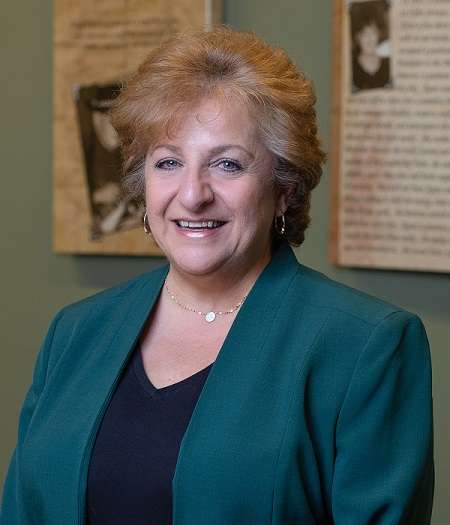
Question: I recently received a telephone call urging me to take a genetic test, which the telemarketer claimed was covered under Medicare and would be free of charge to me. By analyzing the results of swabbing the inside of my mouth, he stated that his company could test me for cancer, heart disease, how well my body processes my various prescriptions, and whether I am carrying genes linked to several diseases. It sounded too good to be true, so I declined. Was I right?
Answer: Yes, you were right not to fall for a scam that is all too common at the moment. Medicare beneficiaries are being targeted about this test through phone calls and by salespeople visiting senior centers, housing complexes, and other gathering places. These scammers are seeking to learn your Medicare number, which they can subsequently use for their gain and your loss. Be very careful about giving out your Medicare number. I applaud you for taking a role in preventing an act of Medicare fraud.
This June marks the 25th anniversary of the Senior Medicare Patrol (SMP) Program, and to commemorate this a national week has been designated focused on Medicare fraud prevention. Medicare Fraud Prevention Week begins the week of June 5th and focuses on actions everyone can take to prevent Medicare fraud, errors, and abuse.
Medicare loses an estimated $60 billion every year, and locally, Massachusetts Senior Medicare Patrol volunteers play a unique role in empowering consumers to detect and combat Medicare fraud, errors, and abuse. Medicare beneficiaries are the “eyes and ears” of communities. Medicare can be complicated, with many regulations, exceptions to these regulations, and changes in policies. Do not hesitate to contact the SMP Program: we are here to help you with any questions you may have.
Of course, mistakes can occur in billing. Medicare fraud, however, involves criminal intent. Some common examples of Medicare fraud or abuse are:
• Billing for services or supplies that were not received
• Providing supplies that a person did not request
• Misrepresenting an individual’s diagnosis, identity, the service provided, or other facts to justify billing them
• Prescribing or providing excessive or unnecessary tests and services
• Offering or receiving a bribe to obtain someone’s Medicare number
• Asking for Medicare numbers at an educational presentation or during an unsolicited phone call
• Violating the provider agreement by billing an individual rather than Medicare
• Routinely waiving co-insurance or deductibles. (Waivers are only allowed on a case-by-case basis where there is financial hardship. They should not be offered as a means of attracting business.)
If you or anyone you know encounters what you suspect is a Medicare-related scam, you can report it by emailing ReportAScam@MASMP.org or by calling 800-892-0890. Visit: https://www.masmp.org/
In addition, we are always interested in speaking with people who may wish to learn more about volunteering, doing this vital and rewarding work.
Are you struggling to care for an older adult or having difficulty locating resources? Our experienced staff is available to help. Visit us online at www.agespan.org for more information. You can also call us at 800-892-0890 or email info@agespan.org. Joan Hatem-Roy is the Chief Executive Officer of AgeSpan, formerly Elder Services of the Merrimack Valley and North Shore.
